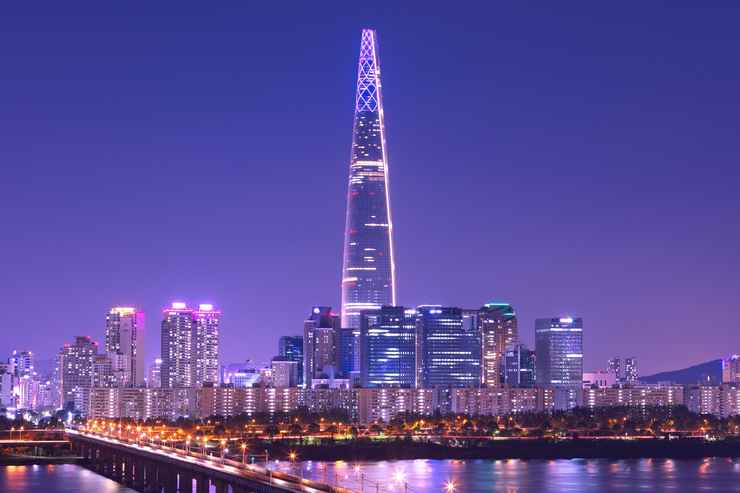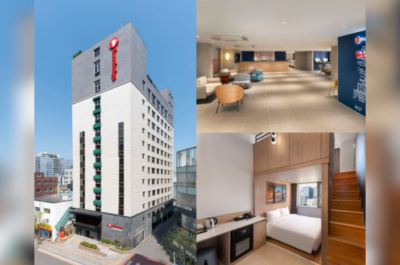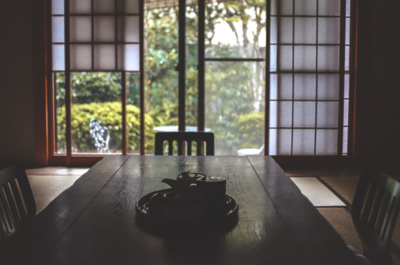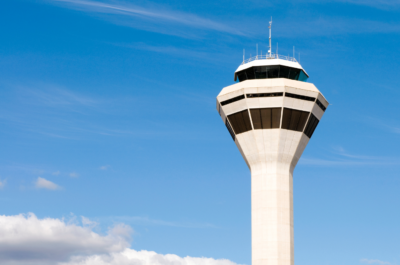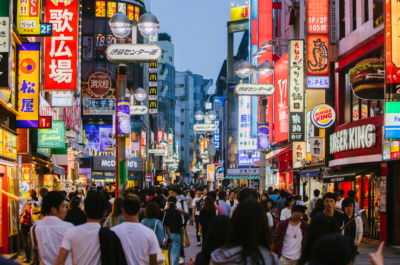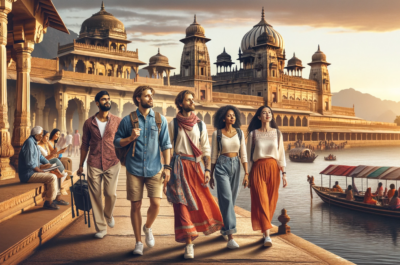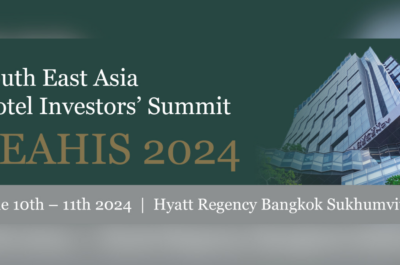Dr. Jaeyeon Choe identifies fast-growing niches of Korean travellers during the pandemic which can potentially constitute a very lucrative market for tourism businesses and local economies in Southeast Asia as lockdowns ease.
If you look at PSY, BTS and Black Pink videos, you would think Korean Wave (Hallyu) is lifting everything in its path. While South Korea’s cultural economy and export of entertainment, music, TV dramas and movies show the brighter side of Korean Society, South Koreans work really hard. South Korea has currently longer working hours than any other developed country. After been identified as working an average of 2,069 hours per year, per worker, according to 2016 data compiled by the OECD, the government has brought in limited reform. If you watched the Oscar winning movie Parasite, you will find South Korea is home to stress and leisure constraints. On average, South Koreans only get 8 days annual leave, per year.
Many young South Koreans, however, in their late 20s to early 40s have sought a ‘one month stay abroad’ since 2015, and the trend has been resilient. One study indicated demand surged about 200% between 2016 and 2018. Unlike traditional backpacking, the ‘one month stay’ travellers visit one destination with the desire to live like locals. The trend overlaps with the YOLO (You Only Live Once) belief system spreading in a Korean Society and the growing disdain for social conventions based on Confucianism values. Rather than ‘working hard’ and ‘success,’ young people value more ‘individual choices,’ ‘happiness,’ ‘wellness’ and ‘hedonism’. Basically, they want work-life balance.
The Korean language internet is full of videos and blogs, and an increasing number of books and TV shows about this trend. Of course, there are influencers as well! They often stay at an Airbnb, self-catering apartments or home stay guesthouses. They are not necessarily digital nomads given many are between jobs. They largely just hang around and explore the local area and reflect on their life. They are taking a break from life and work.
The Korean ‘one month stay’ travellers often choose Southeast Asian destinations as they are close to home and living costs are inexpensive. They also feel psychologically more secure in Asia. Before the pandemic, the most popular destinations were Bangkok in Thailand, Manila in the Philippines, Ho Chi Minh in Vietnam, Clark in the Philippines and Hanoi in Vietnam. These locations boast relatively low prices and have access to entertainment. Phnom Penh, Chiang Mai and Kuala Lumpur were also becoming popular destinations.
The first segment seeking a ‘one month stay’ are young mothers in their 30s and 40s. Their main motivation is their children’s English education as well as their own relaxation (and escape from family responsibilities and societal burdens at home). They often sign up their children at an English language school as South Korean elementary school winter vacations last two months. Therefore, January and February is the peak time when they travel to Southeast Asia. They seek a warm climate, a choice of English language schools, and an international setting where their children can interact with other children. These young mothers often stay at Airbnb and self-catering apartment where they can independently cook their own food and have space to hang out as a family. Shared guesthouses or homestays would be less popular. Before they arrive, they often collect information through mom’s cafes online or Korean mom’ blogs. I recommend individual properties advertise on these sites or a Korean person to write a destination blog. Even joining these mom’s cafes would be good way to approach and interact with them. They prefer accommodation close to the schools, and close to an international/Korean store and a safe area. These mothers are not budget travellers and will invest in their comfort and security, given they are apart from their partners and friends.
The second segment are ‘single young professionals’. They are in their late 20s and 30s. The average marriage age in Korea is 33-36, but an increasing number of people are deciding not to get married. Without family responsibilities, the single young professionals will take a break from their jobs, slow down and seek a space to think about what they actually want to do with their lives. Some might be freelancers/digital nomads or possibly seek to experiment as a writer, influencer, blogger or YouTuber whilst abroad. They often stay at a guest-house where they can meet and interact with other people. During the COVID-19 pandemic and travel restrictions, many in this segment have travelled to Jeju Island in South Korea, so they can escape the confines of city life in Seoul. Reacting to the demand, many guest-house accommodations in Jeju offer female only facilities and provide a small library space in common area, so that guests can comfortably work with their laptops and read books. Instead of homestay, this type of guest-house is called a ‘Book Stay’ among this segment. Accommodation providers target single male/females professionals in their 30s. They have money, time (-no family responsibilities), and seek self-development. They are adventurous and social media savvy. Some guest-houses with female guests only provide aspirational food that women in 30s tend to like. Menus often include Aglio e olio, Gambas and homemade pizza along with wine. Pictures of dinner are often found and tagged on social media. This segment may bounce back to Southeast Asia once the pandemic is ‘over’.
Of course, these are niche segments. However, they are a fast-growing niche during the pandemic and therefore, potentially, a very lucrative market for tourism businesses and local economies in Southeast Asia as lockdowns ease. As they stay one month rather than just 3-4 days, they have a considerable economic impact on local economy. In fact, they often extend their stay if they really like the accommodation, local area, food and culture. As many of them being active on social media as they spend lots of time online, they can become powerful E-WOM opinion leaders. Destinations should work with travel influencers/power bloggers to help them communicate their one month travel experiences. South Koreans in general rely on ‘blogs’ and ‘YouTube’ videos to collect information and disseminate their experiences.
In common with Korean tourists in general, all the above segments travel with their own Korean food. There use extremely well packaged Korean food designed only for travel. As all Koreans are big foodies, they would make sure to try famous dishes – from Kao Soi in Chiang Mai to Laksa in Kuala Lumpur, and take a picture and post on social media. Yet, they will also make sure to have one Korean meal per day in their room or seek guesthouses that provide Korean ingredients. A microwave or simple cooking facilities would be also appreciated by them.
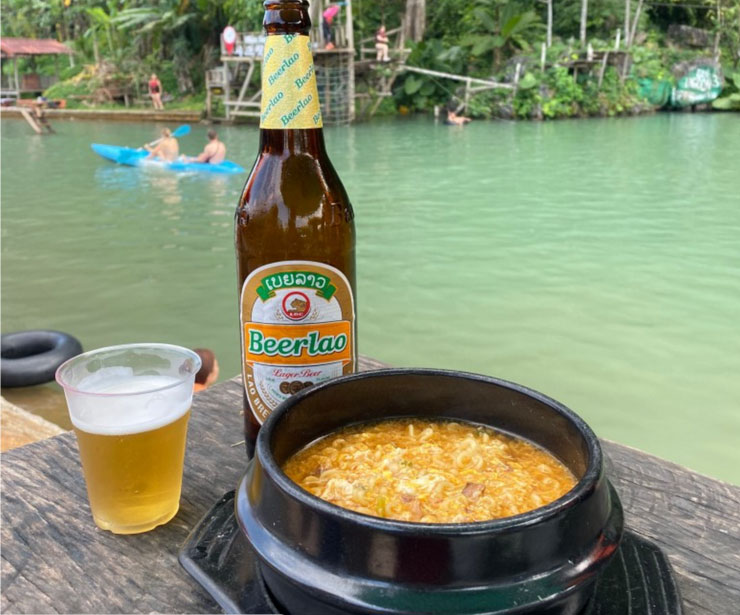
The ‘one month stay abroad’ trend seems to be positive for South Korean people’s wellness. As social, cultural and employment changes caused by the pandemic have given rise to feelings of depression, detachment and alienation, the search for a more authentic, truer self is likely to see individuals seek the certainty of a one month stay abroad. To withstand the uncertainties caused by the pandemic, slow, meaningful travel for young Koreans will remain a resilient travel concept. I recommend that tourism businesses and local economies in Southeast Asia can prepare for and utilise this emerging demand and niche market in most creative and suitable ways and programmes when the time comes. I know too many of my Korean friends who are researching for their one month stay trips for the post pandemic time!
Originally from Korea, Dr. Jaeyeon Choe is a Senior Lecturer at Bournemouth University, UK. She is a fellow of the Royal Geographical Society, and co-editor of a book Pilgrimage Beyond the Officially Sacred: Understanding the Geographies of Religion and Spirituality in Sacred Travel (Routledge 2020). She has written and spoken about spiritual and wellness tourism primarily in Southeast Asia, including Indonesia and Thailand. She keynoted at the Sustainable Tourism Development for Southeast Asia Conference in Vietnam in December 2019.













